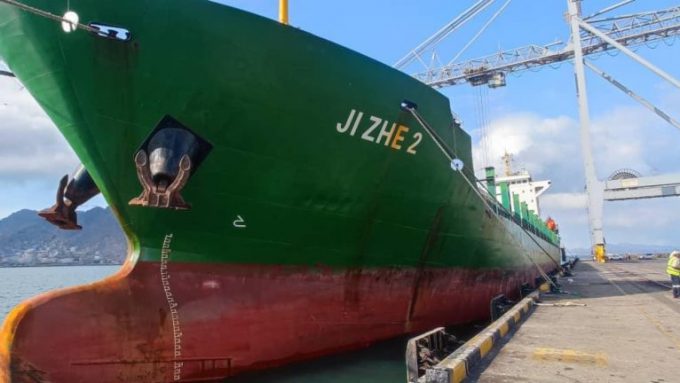CMA CGM 'testing the water' of the Suez Canal for more services
CMA CGM is again “testing the water” in the Suez Canal, which could prompt other ...

Singapore-based NVOCC Summit Shipping has started its own liner operation, the latest opportunist to launch a service to the Red Sea.
Its JEA-ADE-JIB service links Aden, Djibouti and Jebel Ali, using the 713 teu chartered Ji Zhe 2.
The Loadstar understands Summit took over the Ji Zhe ...

Comment on this article